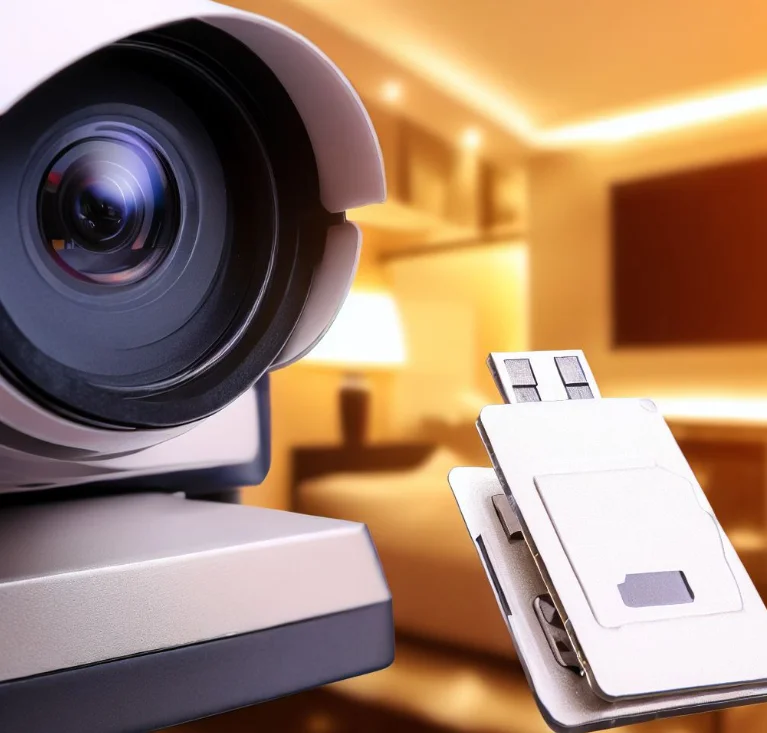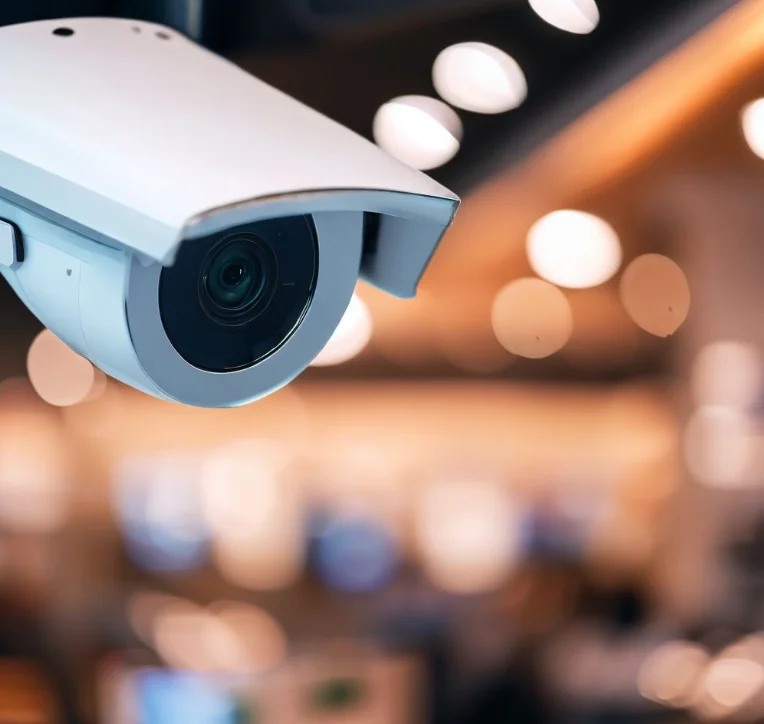Closed-circuit television (CCTV) cameras have become ubiquitous in hotels, providing an extra layer of security and surveillance. While most modern CCTV systems are networked and require an internet connection for remote access and monitoring, there are ways hotel CCTV systems can still function even when the internet goes down.
In this article, we’ll look at how hotel CCTV systems work, why CCTV is important for hotel security, and how these systems can operate without an active internet connection.
The Importance of Hotel CCTV Surveillance
CCTV cameras are one of the most common and effective security measures used in hotels today. Security experts recommend hotels install CCTV systems to:
- Deter criminal activity. The presence of CCTV cameras can deter criminals from targeting a hotel. Signage warning of CCTV monitoring helps deter crimes.
- Aid police investigations. Footage from CCTV systems provides visual evidence that can assist police investigations after crimes or incidents occur.
- Monitor staff. Cameras in back-of-house areas can help hotel management ensure staff follow protocols and deter theft.
- Protect guests. Guest safety and security are top priorities for hotels. CCTV helps ensure guest safety in public areas like lobbies, parking garages, pools, etc.
- Monitor maintenance issues. CCTV plays a role in helping maintenance staff identify issues like leaky pipes, broken equipment, smoke, or trespassers in restricted areas.
- Manage liability. Video footage protects hotels against false liability claims by providing visual evidence of incidents and accidents.
- Improve operations. CCTV helps hotels identify operational issues that impact the guest experience so they can be addressed quickly.
How Modern Hotel CCTV Systems Work
The typical hotel CCTV setup includes multiple wired security cameras that connect back to a central Network Video Recorder (NVR) or Digital Video Recorder (DVR). The NVR or DVR stores camera footage and provides the interface for configuring cameras and viewing live or recorded video.

Key components of a hotel IP CCTV system include:
- IP security cameras: Distributed throughout the hotel property to provide video coverage of key public areas, entry and exit points, corridors, lobbies, parking lots, etc.
- Network cabling: Connects the IP cameras to the central NVR/DVR. Most modern hotels have Cat 5 or Cat 6 ethernet cabling that provides the network backbone for the CCTV system.
- NVR or DVR: The central hub that collects footage from all cameras, stores video recordings, and allows live remote viewing. Has multiple ports to connect all the IP cameras.
- Monitoring station: Desktop computer used by hotel security staff to monitor live and recorded CCTV footage via the NVR/DVR software.
- Internet connection: Provides remote viewing and access to CCTV system from mobile devices or offsite monitoring. Also allows for cloud storage and backup of footage.
- Displays/monitors: LCD displays can be wall-mounted in the security office to monitor live CCTV feeds from different cameras.
- This networked setup allows hotel security staff to monitor live footage from cameras across the property as well as pull up recorded video. The CCTV system integrates with door access control and alarm systems to provide complete property oversight.
How Hotel CCTV Systems Operate Without Internet
While an internet connection enables remote viewing and management, a hotel CCTV system can still function without internet access. The cameras simply revert to operating over the LAN, recording footage locally to the NVR/DVR’s hard drive storage.
Here’s how a hotel CCTV system operates offline:
- Cameras connect to the NVR/DVR over local ethernet network cables rather than over the internet.
- Video is recorded and stored locally on the hard drives in the NVR/DVR rather than offloaded to cloud storage.
- Monitoring is limited to the desktop station physically connected to the NVR/DVR. Mobile viewing and offsite monitoring are not available without internet.
- Control and configuration of the system must be done on the desktop station rather than remotely.
- Features like motion alerts, email notifications, and remote alarm monitoring are disabled without internet connectivity.
- So while an internet outage prevents remote viewing and access, cameras can still record events and staff can monitor live footage from the on-premise NVR/DVR station. Recorded footage is retained locally until internet connectivity is restored.
Tips for Operating Hotel CCTV Systems Offline
Here are some tips for hotel security teams when operating CCTV systems offline:
- Ensure cameras have static IP addresses so they retain network connectivity to the NVR.
- Configure cameras to record on local SD card storage if internet/NVR connectivity is lost.
- Set the NVR to maximize hard drive storage and enable looping overwrite to prevent running out of local storage when offline.
- Have spare blank hard drives that can be swapped into the NVR to retrieve footage after an outage.
- Implement UPS battery backups on both the cameras and NVR to enable recording during power outages.
- Post notices that CCTV is recording so cameras still deter crime without live monitoring.
- Station security guards to directly monitor critical areas and entry/exit points when live CCTV is down.
- Document system outages and camera failures to facilitate maintenance when connectivity is restored.
- Test system resilience regularly by disconnecting internet intentionally and monitoring operations.
Hotel CCTV Systems for Internet & Non-Internet Environments

- Large local storage capacity in NVR/DVR to retain days or weeks of recordings offline.
- SD card slots in cameras for backup footage if NVR connection lost.
- UPS battery backups to enable recording during power outages.
- P2P connectivity allowing camera-NVR transmission without internet.
- Analog HD over coax systems so cameras can operate over existing coax cabling rather than IP networks if needed.
- Failover recording modes like camera SD card storage when NVR is unreachable.
- Edge-based analytics allowing motion detection and alerts without NVR connectivity.
With the right CCTV system design, hotels can ensure reliable and effective video surveillance whether the internet is up or down. CCTV gives hotel owners peace of mind that their property, staff, and guests are protected 24/7.
